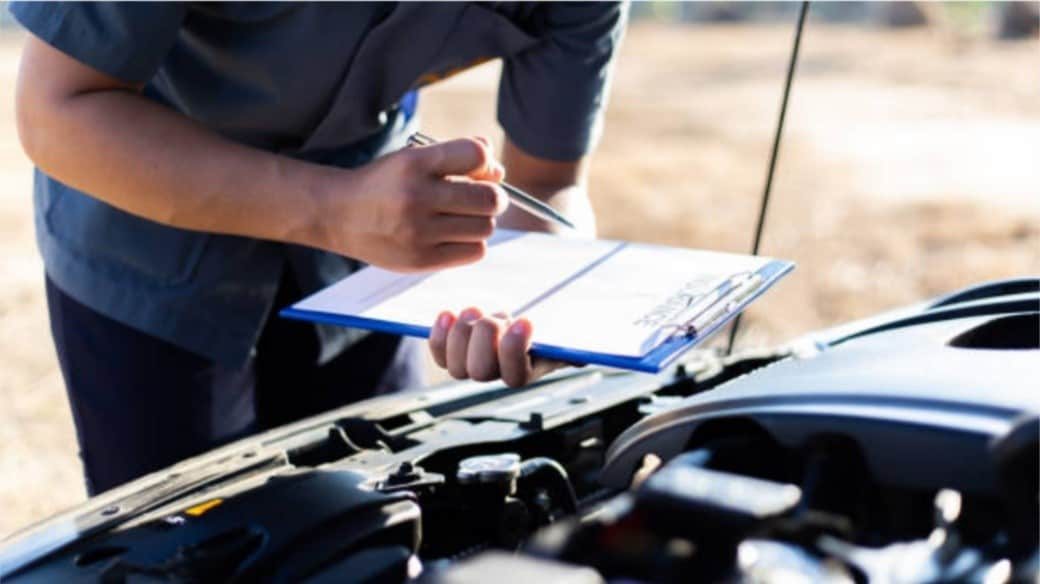Featured
Keeping your cars and truck in peak condition needs attention to different maintenance tasks, with liquid checks being amongst one of the most essential. Lorry fluids play critical functions in making sure smooth operation, safety and security, and durability. Neglecting liquid upkeep can lead to considerable efficiency issues or costly fixings. Below, we'll check out the importance of monitoring and keeping your vehicle's fluids and tips for doing so effectively.
- Engine Oil: Shielding Vital Parts. Engine oil makes certain that the relocating parts of your engine continue to be lubricated, decreasing rubbing and protecting against overheating. With time, engine oil breaks down or ends up being polluted, reducing its effectiveness. Without appropriate lubrication, engine elements can wear promptly, causing reduced performance or full failure.
Just How to Keep: Check the oil degree making use of the dipstick and top off if essential. Follow your car's solution routine for oil changes, generally every 3,000 to 7,500 miles, relying on the sort of oil and your driving practices. 2. Coolant: Handling Engine Temperatures. Coolant, or antifreeze, helps regulate your engine's temperature, protecting against overheating in summer and cold in winter season. As it flows, coolant absorbs excess warmth and dispels it with the radiator. With time, pollutants can develop, or the liquid might degrade, decreasing its efficiency.

Just How to Preserve: Consistently examine coolant levels in the tank and inspect for leakages or discoloration. Flush and change coolant as suggested, typically every 2 to 5 years. 3. Transmission Fluid: Smooth Equipment Operation. Transmission liquid lubes the transmission system and ensures smooth equipment shifts. A well-kept transmission liquid avoids overheating and shields inner elements from wear. Failing to keep this fluid can lead to pricey repair work or substitutes.
Just How to Preserve: Inspect the liquid degrees (if your lorry has a dipstick for transmission liquid) and check its shade. Dark or scorched liquid shows it's time for a modification, commonly every 30,000 to 60,000 miles. 4. Brake Liquid: Ensuring Security. Brake fluid is important for moving pressure from your foot on the brake pedal to the braking system, allowing your vehicle to quit efficiently. Over time, brake fluid can take in moisture, reducing its boiling factor and jeopardizing braking efficiency.
How to Keep: Examine the brake fluid level and condition. If it appears dirty or dark, have it changed. Lots of makers advise transforming brake fluid every two years or as needed. 5. Power Steering Liquid: Easy Ability To Move. Power steering liquid enables uncomplicated and smooth guiding. Reduced levels or polluted fluid can make steering hard, boosting the risk of accidents.
How to Preserve: Examine the fluid on a regular basis and replenish if degrees are reduced. Watch out for leaks, which could result in guiding system damage if unsolved. 6. Windshield Washer Liquid: Clear Exposure. Though not connected to efficiency, windscreen washing machine liquid is essential for preserving exposure. It assists keep the windshield tidy, particularly during negative climate or when dirt accumulates.

Just How to Maintain: Re-fill the tank as needed and make use of washer fluid developed for your environment to protect against cold or spotting. Ideal Practices for Liquid Upkeep. Comply with the Manufacturer's Set up: Describe your automobile's owner manual for maintenance intervals specific to your car. Screen for Leaks: Spotting fluid leaks early can prevent extreme damage. Try to find puddles or spots under your car. Utilize the Correct Fluids: Constantly utilize fluids suggested by your car's maker to prevent compatibility problems. Focus On Indication: Dashboard caution lights, weird scents, or uncommon efficiency can show fluid-related problems. The Advantages of Routine Liquid Checks. Enhanced Efficiency: Liquids in great problem assistance all systems run efficiently. Extended Life expectancy: Correct lubrication and cooling protect against early wear and tear on elements. Improved Safety: Brake fluid and coolant are crucial for risk-free driving. Price Savings: Resolving liquid problems early can protect against costly fixings later on. Verdict. Monitoring and keeping your automobile's liquids is a vital however straightforward part of vehicle possession. By devoting time to this essential maintenance, you guarantee your automobile stays trusted, risk-free, and efficient for many years to come. Regular liquid checks aid protect against malfunctions and offer you satisfaction when traveling. Whether it's oil, coolant, or brake liquid, remaining proactive with maintenance is the vital to lasting vehicle health and wellness.
Latest Posts
NAPA AutoCare Warranty-- Nationwide Insurance Coverage for Your Repairs
Published Mar 11, 25
2 min read
Your Regional Auto Repair Work Shop-- Honest, Affordable, and Efficient
Published Mar 11, 25
2 min read
Comprehensive Car Repair Services
Published Mar 11, 25
2 min read